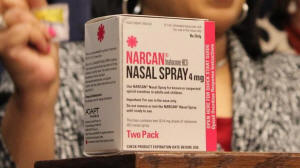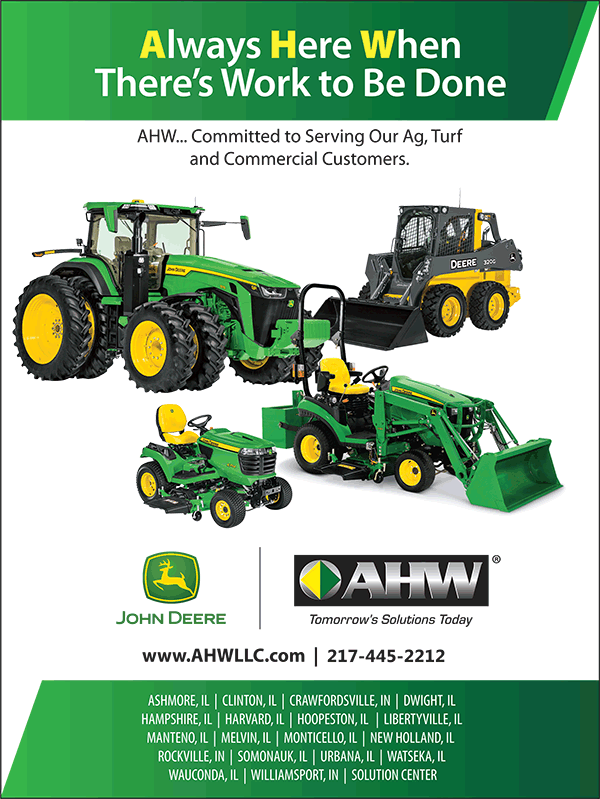|
Opioid overdoses can occur when someone uses too much of a
prescription opioid, like hydrocodone or oxycodone, or uses
illegally distributed drugs. A person purchasing street drugs is
at risk of overdose since many street drugs are contaminated
with fentanyl.
Chestnut Health Systems have been installing the vending
machines in several areas, including in Metro East. Officials
said in Madison and St. Clair counties alone, there were 96
overdoses last year with 70% involving opioids.
The project is funded with tax dollars from the Illinois
Department of Human Services, Division of Substance Use
Prevention and Recovery.
“What has been previously a barrier is access to naloxone when
needed, and by utilizing vending machines, it is increasing
access to folks,” said Nadia Klekamp, director of Integrated
Community Education with Chestnut Health Systems. “They don’t
have to schedule a time or they don’t have to meet with another
person to receive naloxone.”
The medication can work as quickly as 30 seconds and can take as
long as a few minutes.
A pilot program funded with federal tax dollars by the U.S.
Centers for Disease Control and Prevention with a $17 million
grant distributed vending machines across Chicago. The Chicago
Public Health Department said locations are based on where more
overdoses happen.
“There is a crucial need for these vending machines as our city
continues to battle the opioid epidemic,” said Chicago Mayor
Brandon Johnson.
According to the CDC, nearly 3,600 people died of overdose
deaths in Illinois last year, a slight decrease from 2022.
“Narcan [a brand of naloxone] is a non-prescription medication
and when used appropriately can block or reverse the effects of
an opioid overdose,” said Dan Hutchison, associate director of
Community Health at Chestnut. “The naloxone available in the
vending machine is easy and safe to use. It might save the life
of someone you know.”

|
|




